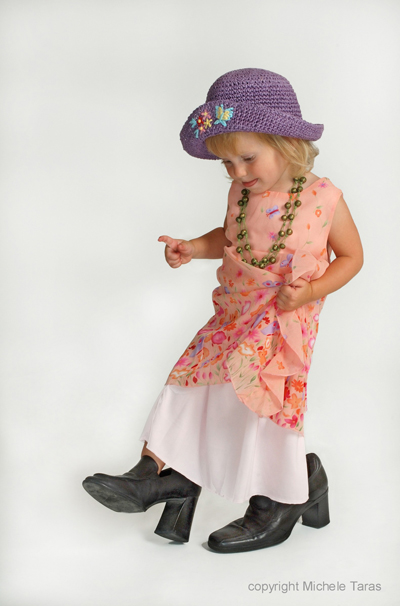Watching the Watchmen
Anne says she disliked the novel, but that it provided a rich opportunity for analysis and that what she really wants to understand why “you” (the students) like things like this. It is a great opportunity to think about the relationship between the media and the message.
What are the expectations of the graphic novel? What does it do/how does it manipulate our experience?
What is the relationship between gender and technology in this novel and of the medium itself?
(I’m reacting to that from the perspective of comics written for girls–horrible).
How is the book about adolescence or speak to adolescence?
The layering of the narration–critiquing the story as it tells it.
We look at the example of the second page of Chapter 3. The news vendor speaks while the story of from the comic book “plays” in the background or in parallel. There are 3 levels. The comic book, the boy reading the comic, we are reading the comic that the comic appears in. We have our heads buried in our own fictions. The Watchmen is asking us to simply be conscious of that. Also complicated by the book is the sense of what’s right and wrong.
How to read a graphic novel according to Sally Jupiter?
I’m in eroticized graphic novels. These should be read in the moment, in the context of what’s going on in the world. I’m very nostalgic about the past, but I also censor it. I’m frustrated with the apathy of today’s youth.
According to the Silk Spectre:
Attend to the relationship between characters.
According to Moloch:
The novel might trick you into believing things. Don’t trust everything that you read. Enjoy your youth while it lasts.
According to Dr. Manhatten:
This book is not my concern. I’m very self-centered. I’m the ultimate male adolescent fantasy. The book is my biography and it’s the way the I really see the world. The shifts in time and place are what my life is made of.
As the psychologist:
I was deeply engaged in attempting to uncover the many layers of violence and perversion. I was interested in its harsh take on masculine perversion. The quest to “fix” the text only makes us more obsessive.
Ozymandias:
The text is too sentimental. The book is a cautionary tale. It wrongly emphasized the impact of individuals. I’m dismissive unless you can make money off of the form.
Comedian:
I wouldn’t suggest reading the book. It’s another form of trying to escape a reality that we refuse to accept. There is no point to reading the book. We’re just going to repeat our mistakes.
Night Owl/Dan:
Secret love of comic books. There is some good left in the world. Sometimes you need to indulge your inner adolescent/child.
Rorschach:
Reading the novel is a distraction.
Where does self reflexivity take us? Half the characters tell us not to read the novel. What are the characters fighting for? If Rorschach and the Comedian don’t believe there is some good in the world, then why do they fight? Is Rorschach’s view of the world, that there is a right and wrong and that wrong should be punish, the message of the book? Does this book empower you, give you a way to write your own story? The ending is not black and white. Who wins? The presence of so many perspectives prevents you from identifying with any one character.
We lack control over the process of changing the world.

Comments are closed.